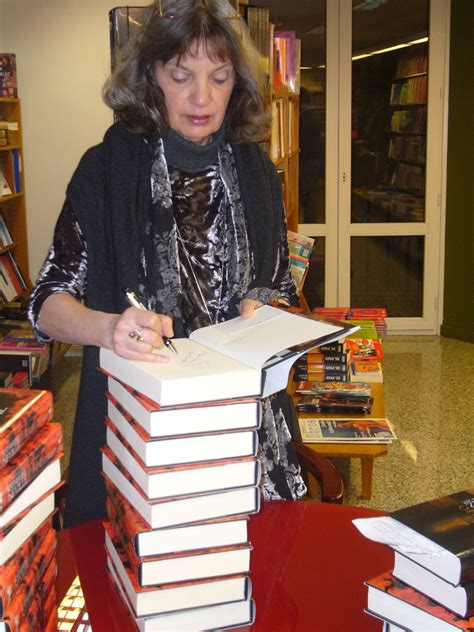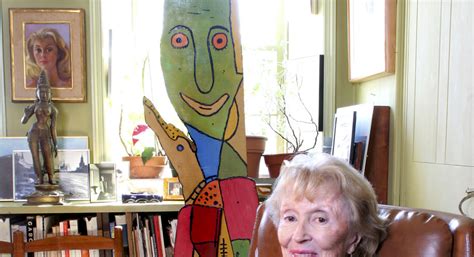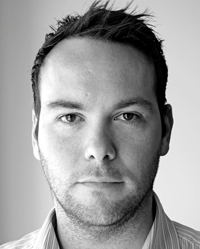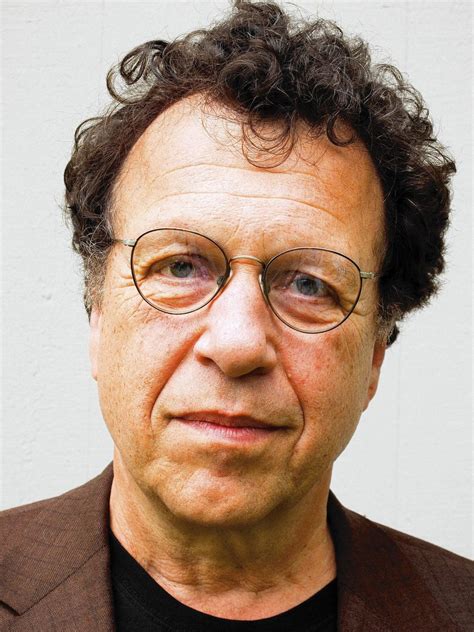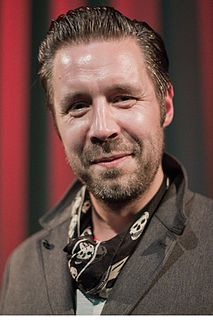A Quote by Kurt Vonnegut
Novelists are people who have discovered that they can dampen their neuroses by writing make-believe. We will keep on doing that no matter what, while offering loftier explanations.
Related Quotes
My friends, ask gladness from God. Be glad as children, as birds in the sky. And let man's sin not disturb you in your efforts, do not feat that it will dampen your endeavor and keep it from being fulfilled, do not say, Sin is strong, impiety is strong, the bad environment is strong, and we are lonely and powerless, the bad environment will dampen us and keep our good endeavor from being fulfilled. Flee from such despondency, my children! There is only one salvation for you: take yourself up, and make yourself responsible for the sins of men.
Write. Remember, people may keep you (or me) from being a published author but no one can stop you from being a writer. All you have to do is write. And keep writing. While you’re working at a career, while you’re raising children, while you’re trout fishing--keep writing! No one can stop you but you.
How could you ask me to believe in God when there's absolutely no evidence that I can see? I do believe in the beauty and the awe-inspiring mystery of the science that's out there that we haven't discovered yet, that there are scientific explanations for phenomena that we call mystical because we don't know any better.
It's so easy to get into the same routine. A novel every two years; perhaps, improving technique. But I'm not interested in that. I'm interested in doing something fundamentally important--and therefore, it needs time. And what I've been doing, really, is avoiding this pressure to get into the habit of one novel a year. This is what is expected of novelists. And I have never been really too much concerned with doing what is expected of novelists, or writers, or artists. I want to do what I believe is important.
Anybody who has ever done anything knows that, when you believe, it doesn't matter what other people think. You just have to keep finding a way to align your vision with other people who will receive and accept your vision. And when the time is right, if it is for you, it will show itself, if you believe.
One decision I made in writing 'Henry and Clara' was that I would keep Lincoln's appearances and any dialogue by him to an absolute minimum, because I think readers don't quite believe it when novelists have Lincoln walking around and saying things. They just know they're in the presence of stage machinery.
I will say, this is something, this praying for people to die thing, that's something that I came to believe was unscriptural. And for years, I made these arguments to my family, in writing, privately in letters that didn't get responses and in interviews. And for a while, they just doubled down. Eventually, they came to stop doing it.



